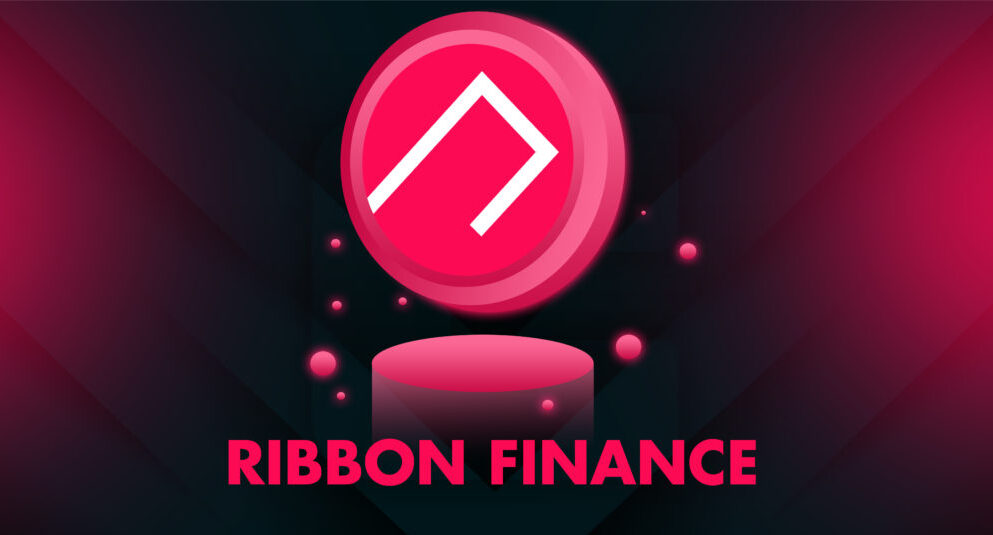Ribbon’s Lend, which went live on Monday, allows institutions to borrow funds without having to lock in collateral.
Unless you have been underwater for months, you have probably heard that adverse macroeconomic conditions have made crypto market participants risk averse.
However, the early activity in the Ethereum-based structured product firm Ribbon Finance’s recently launched high-stakes lending product, Lend, suggests otherwise.
Ribbon’s Lend, which went live on Monday, allows depositors to lend unsecured funds to institutional market makers of their choosing with high liquidity.
The protocol has seen users deposit 15 million USDC, the U.S. dollar-pegged stablecoin. Of that, more than 10 million USDC has been borrowed by Alameda-backed quant trading firm Folkvang Trading and market maker Wintermute, which recently lost $160 million in a hack.
“We see that there is still demand in decentralized finance for high yields. Users are willing to move out the risk curve if the risk-reward makes sense,” Julian Koh, co-founder and CEO of Ribbon, told CoinDesk.
“Undercollateralized lending to reputable institutional trading firms seems to fit that category well.”
At press time, the annualized percentage return for loaning out USDC to Folkvang and Wintermute was nearly 7%. That’s significantly greater than the 0.5% available on top decentralized platforms like Aave and Compound.
Uncollateralized Aave
Ribbon describes Lend as “an uncollateralized Aave, offering best of both traditional finance and decentralized finance.”
An institution can borrow USDC from AAVE at a much lower cost but at the expense of locking another cryptocurrency as collateral. In other words, the borrower stands to lose the liquidity of the collateral locked, which isn’t the case with Ribbon’s Lend.
Meanwhile, Lend users stand to make higher yields from unsecured lending to institutions that have been evaluated for their creditworthiness by Credora. Besides, lenders can exit their positions at any time, subject to availability of liquidity in the pool. According to Ribbon, most unsecured lending in Decentralized Finance (DeFi) is for the fixed term, meaning lenders cannot withdraw deposits until the loan maturity. DeFi is a term used to describe financial activities carried out on a blockchain without the help of intermediaries.
“Borrowing through Ribbon is more capital efficient,” Folkvang’s CIO Jeff Anderson said. “With the advent of Lend, Ribbon now offers a one-stop shop for the full DeFi product suite and we are proud to be pioneers on the platform.”
“Borrowing through Ribbon is more capital efficient,” Folkvang’s CIO Jeff Anderson said. “With the advent of Lend, Ribbon now offers a one-stop shop for the full DeFi product suite and we are proud to be pioneers on the platform.”
Ribbon recently launched a crypto options exchange Aevo, having pioneered the concept of decentralized options vault (DOV) in 2021. The DOVs have simplified options trading, whereby investors simply stake their assets in vaults which deploy those in yield-generating option strategies.
Ribbon’s foray into unsecured lending perhaps indicates the sector dominated by the likes of Maple Finance, Clearpool and TrueFi, is heating up. A recent Reuters report cited TrueFi putting the total value of the unsecured lending market at $25 billion. Further, a Reuters survey of 11 lenders showed willingness to continue with unsecured lending despite the broader market meltdown.
